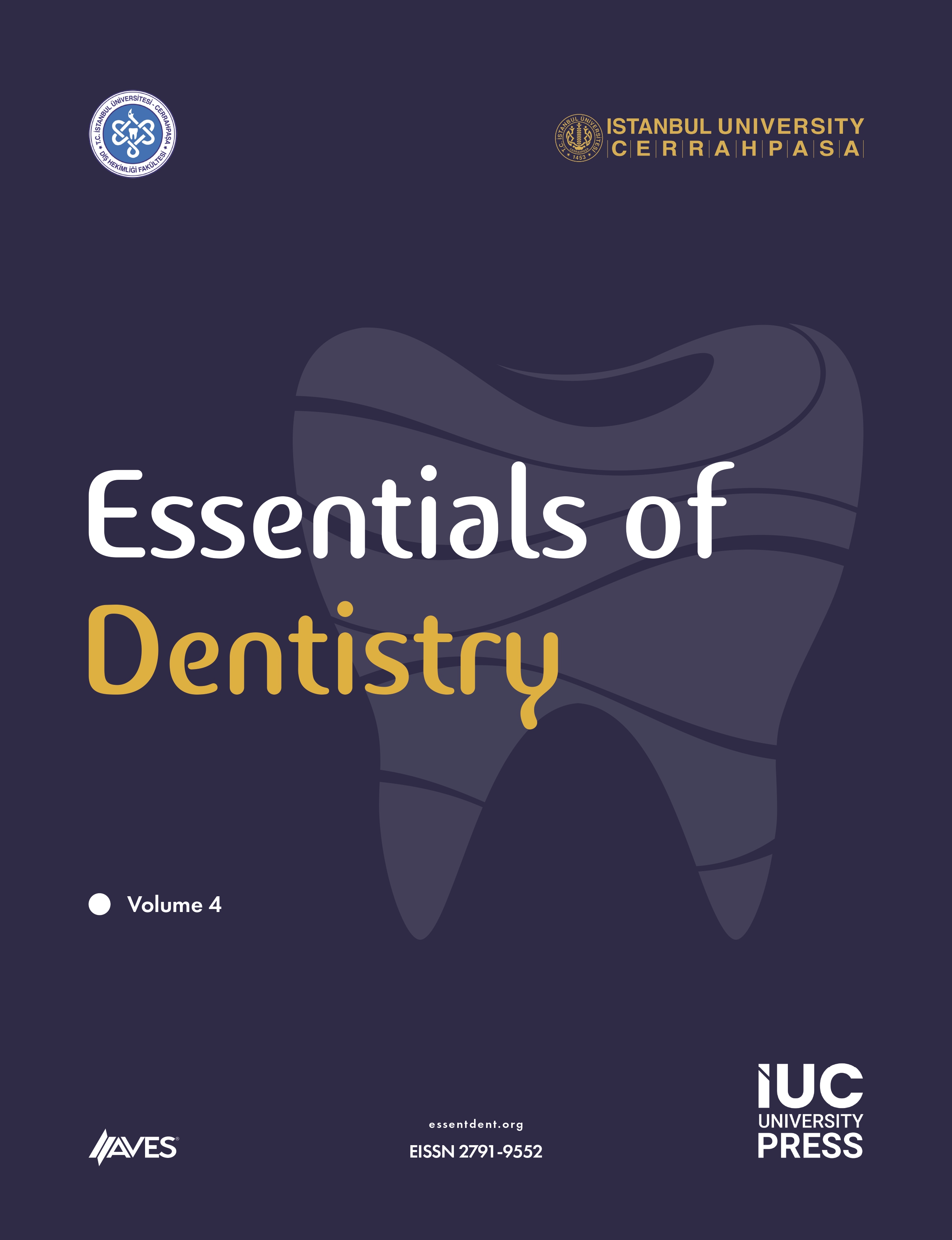Background: Dental anxiety has been found to play a key role in avoidance and postponement of dental treatments. The purpose of this study was to assess the level of dental anxiety on patients referred for replacement of missing teeth with dental implants.
Methods: Two hundred ninety-nine patients (57.9% were males and 42.1% were females) referred to the Department of Prosthodontics were assessed for dental anxiety by using Corah’s Dental Anxiety Scale. Mean, standard deviation, frequency, and percentage were calculated depending on the nature of the data. The chi-square test was used to determine the association between age and sex with anxiety level, whereas Fisher’s exact test was used to determine the association between education level and level of anxiety.
Results: The mean Dental Anxiety Scale score was 7.67 (standard deviation=3.664). Among them, 96 (32.1%) showed some level of dental anxiety, out of which 32 (10.7%) had a high level of anxiety. Younger age groups and those with formal education exhibited higher levels of anxiety compared to other groups.
Conclusion: The majority of the patients showed a normal level of anxiety, while others exhibited a higher level of anxiety while assessing the patients referred for dental implant as a prosthetic option. Younger age groups and those with formal education had higher levels of anxiety. Dental practitioners should consider the anxiety levels of patients before performing dental implants so that they can pursue better patient management strategies before treatment for improved outcomes.
Cite this article as: Guragain M, Gupta SP, Bhochhibhoya A, Poudel SS, Dahal S, Shakya S. Dental anxiety among the individuals referred for implant as an option for replacement of missing teeth. Essent Dent. 2024;3(2):45-50.






